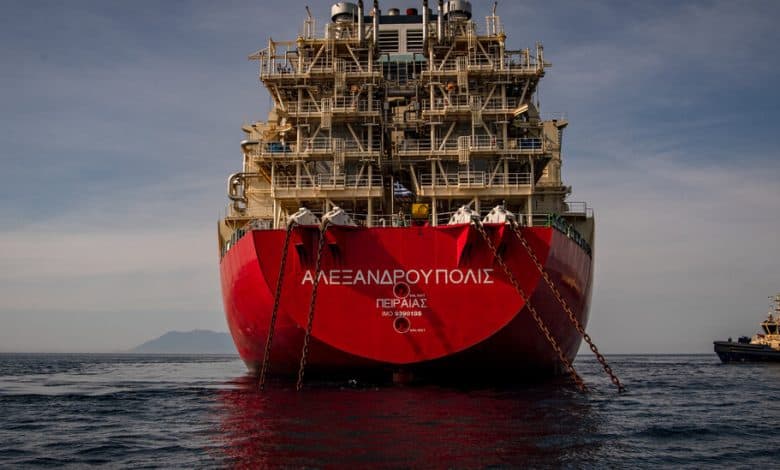Why Greece Is Betting Big on American Gas

When a withering financial crisis forced Greece to rethink its economy a decade ago, it bet big on green power. Since then, Greece’s energy transition has been so swift “it almost feels utopian,” one Greek environmentalist said.
Mountainous ridgelines and arid islands are covered in wind turbines and solar panels that today provide nearly two-thirds of the nation’s electricity.
But now Greece is deliberately pivoting back toward fossil fuels, just not to burn at home. This time it’s betting that it can become one of Europe’s main suppliers of natural gas, with much of it shipped from the United States.
Both Greek and European Union subsidies have funded new pipelines that crisscross the country and connect to a brand-new import terminal that will send gas to a broad swath of Central and Eastern Europe for decades to come.
The investments in Greece are part of a deluge of investments into natural gas around the world, with significant consequences for climate change. In coming years, nearly a trillion and a half dollars will go into constructing pipelines and terminals, according to Global Energy Monitor. Twenty percent of that spending is in Europe.
The world’s pivot to gas speaks to a kind of hedging that increasingly defines global climate negotiations: While nations have agreed on the necessity to transition away from fossil fuels as quickly as possible, almost all major economic powers are promoting gas as a “transition fuel.”